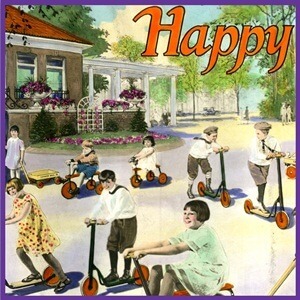 The Regional History Center at NIU is inviting the public to a grand opening reception for its exhibit: “BUY LOCAL: The evolution of advertising in northern Illinois commerce.”
The Regional History Center at NIU is inviting the public to a grand opening reception for its exhibit: “BUY LOCAL: The evolution of advertising in northern Illinois commerce.”
Beginning Monday, Oct. 3, the exhibit will be located in the Founders Memorial Library foyer. A reception to mark the grand opening will be held from 4 to 6 p.m. Thursday, Oct. 13, in Room 400 of the Regional History Center. Light refreshments will be served.
Parking is available in the Carroll Avenue visitor’s lot located to the west of the library.
The exhibit chronologically displays advertisements from regional businesses, showing the impact of New York’s Madison Avenue ad scene on local culture. The materials come from the Regional History Center’s archive collections, dating from the 1890s through the onset of the digital age.
The staff of the Regional History Center will be available for questions and tours of the facility during the reception.
The exhibit, which was curated in conjunction with American Archives Month, is open to the public and will be on display until the end of October. More information and a digital exhibit can be found online.
American Archives Month is a collaborative effort by professional organizations and repositories around the nation to highlight the importance of records of enduring value. Archivists are professionals who preserve and provide access to information that has lasting and historical value.
For more information on the exhibit, contact Katharine White at (815) 753-9394 or kjohnson2@niu.edu.
The Regional History Center is a unique component of the NIU’s commitment to education, research and public service.
The center’s goal is to acquire, preserve and make available to the public the most significant historical records of the northern Illinois region. The center actively collects historical material from the 18 northernmost counties of Illinois, excluding Cook.
Since 1964, the center has evolved from a small university archive to a multifaceted research center containing three related sets of historical records available to researchers: Regional Collections, University Archives and Local Governmental Records.
